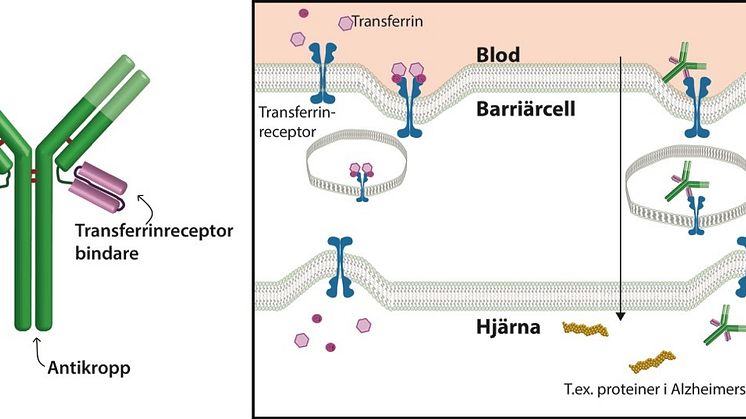Mislocalized calcium channel causes insulin secretion defect in diabetes
Researchers from Uppsala University have studied betacells of type-2 diabetic donors, and find that a mislocalized calcium channel contributes to the failed insulin secretion associated with the disease.
